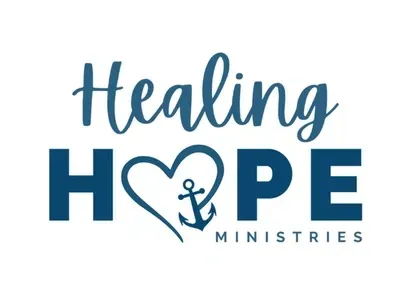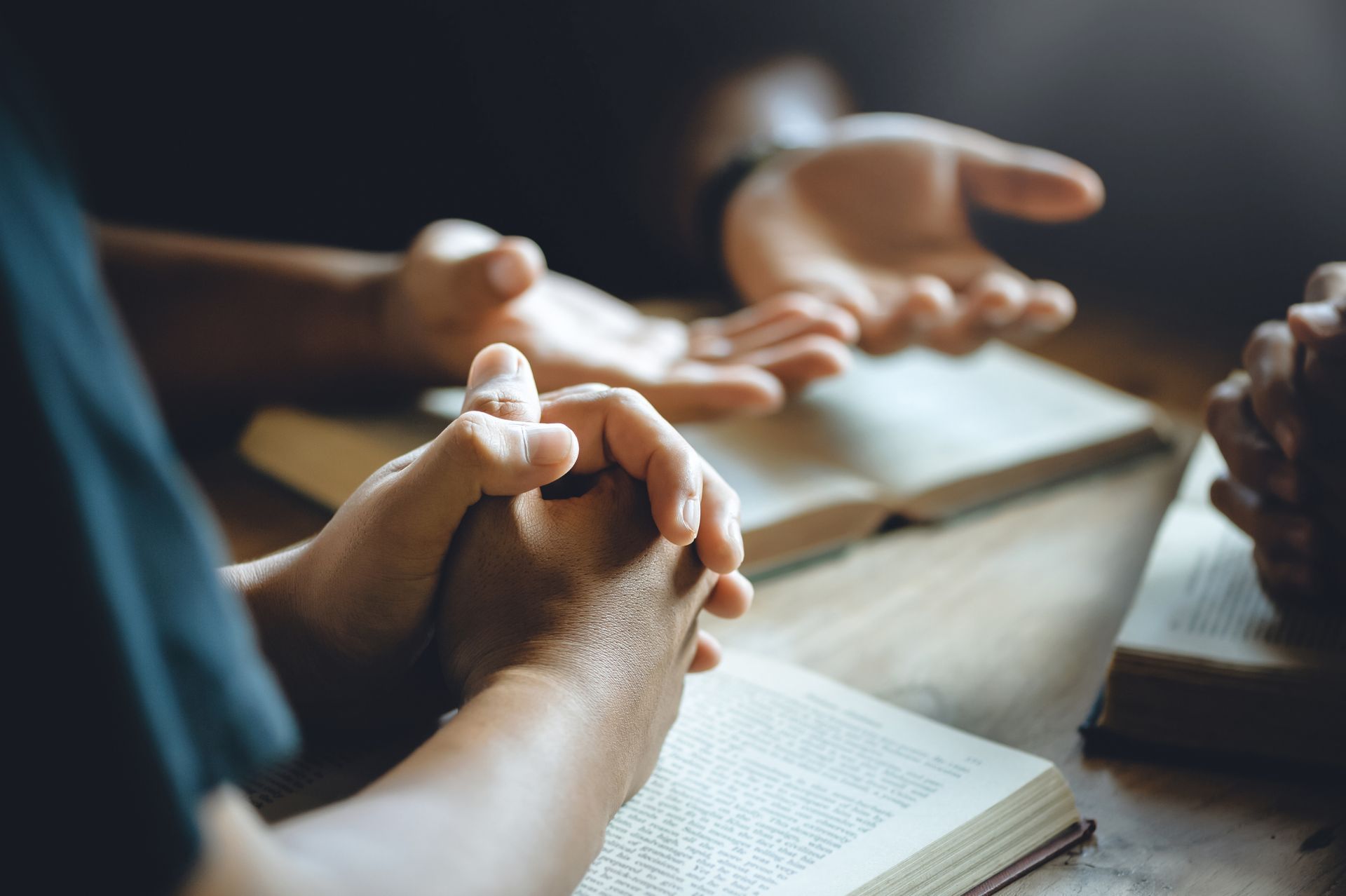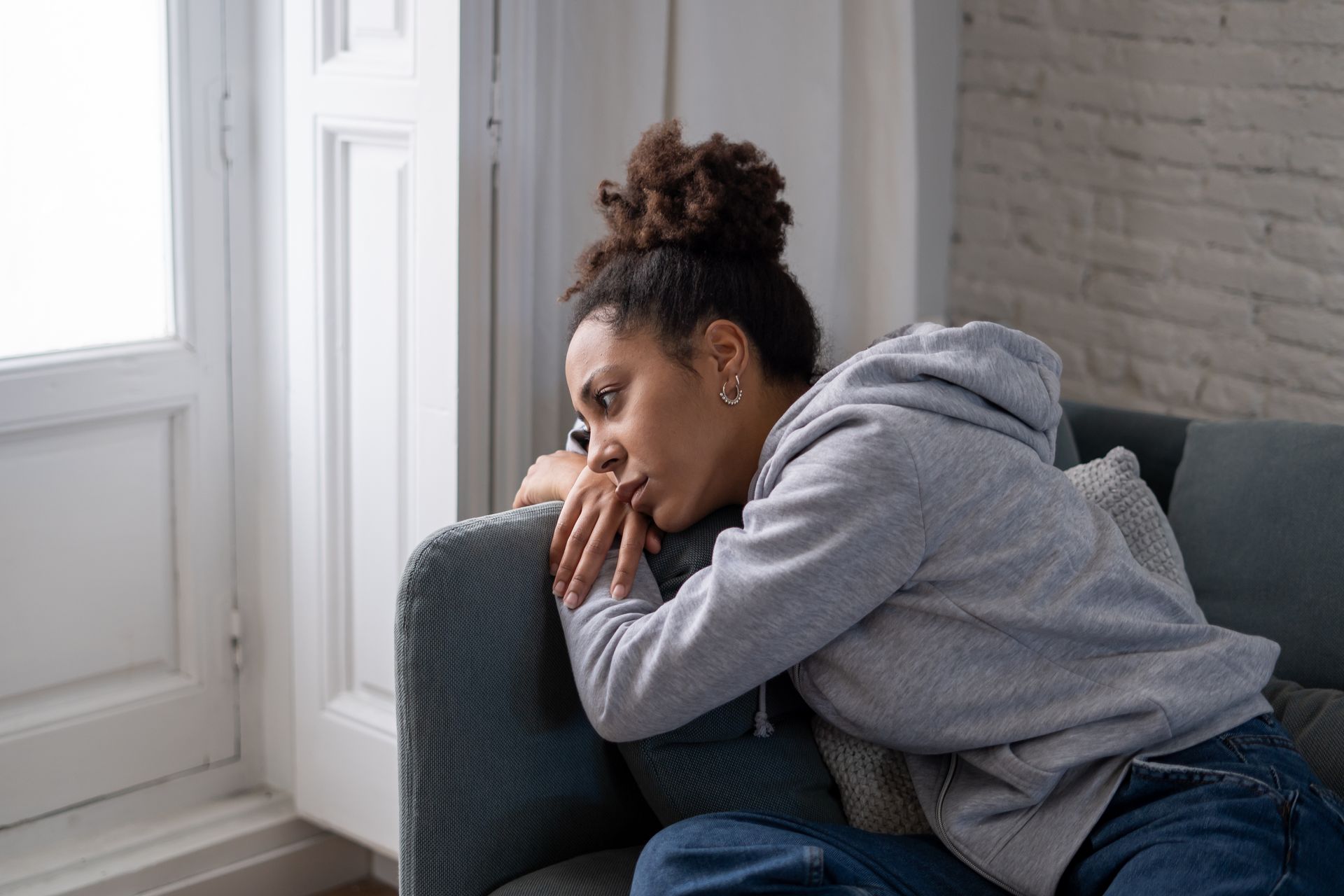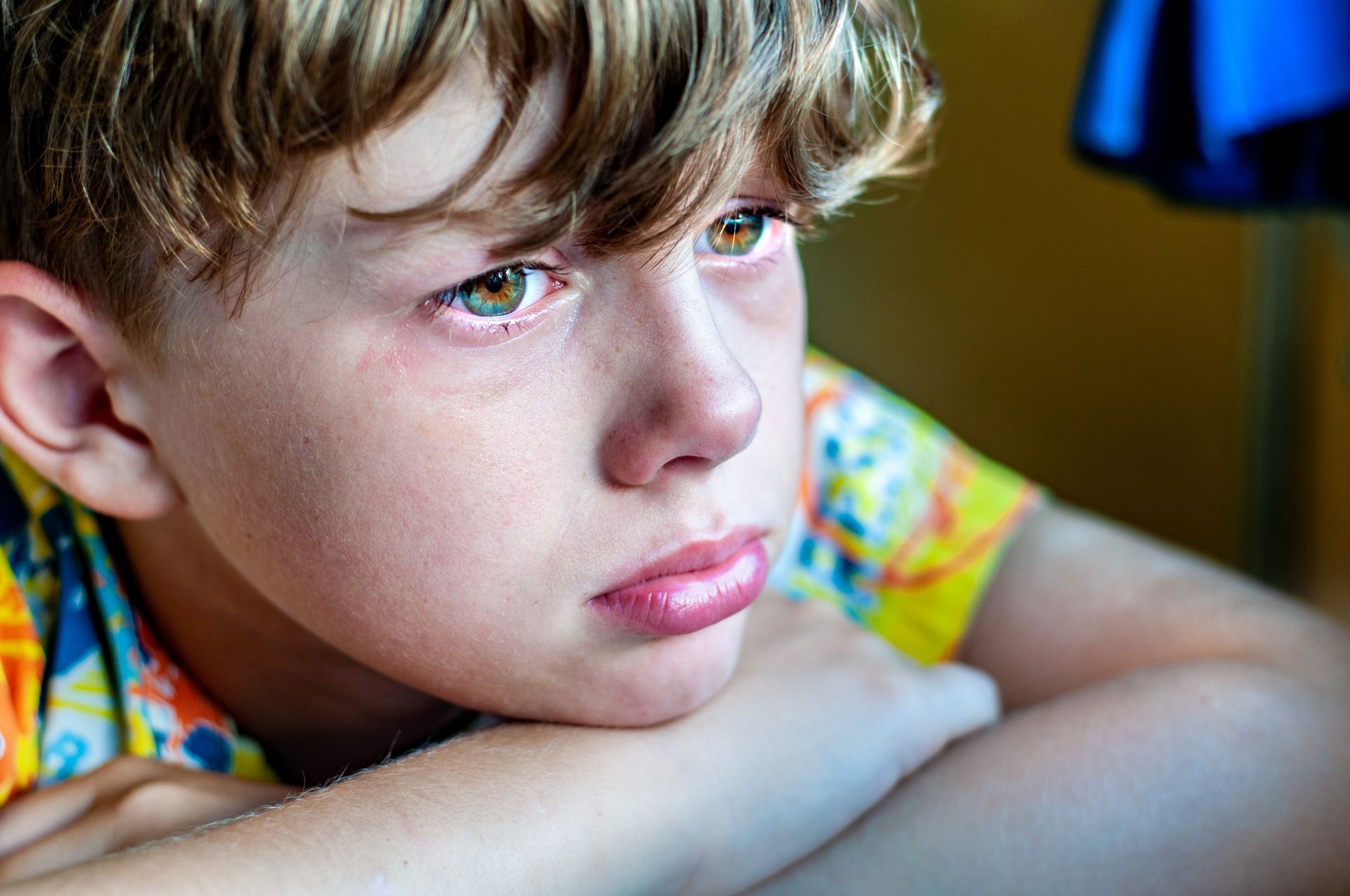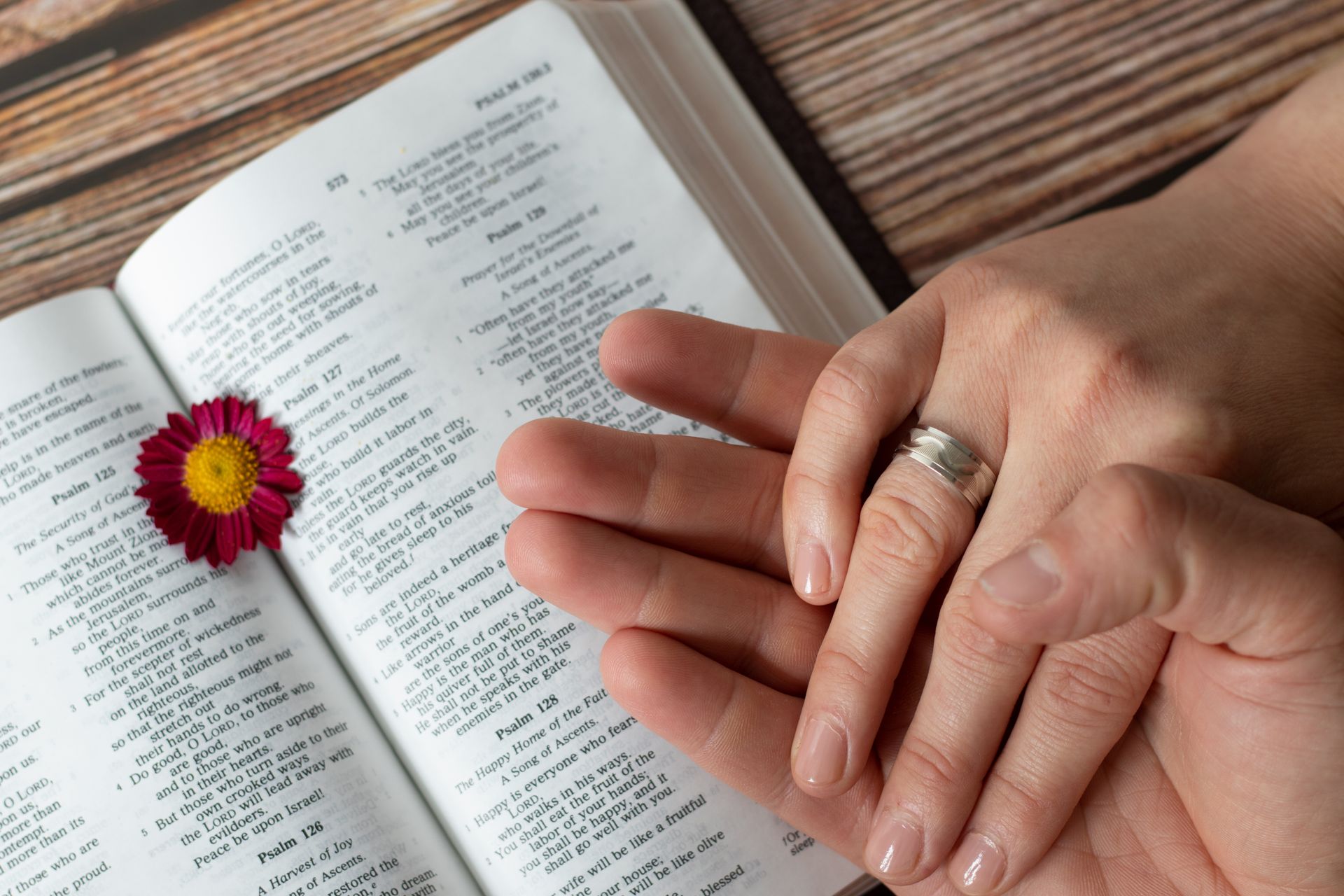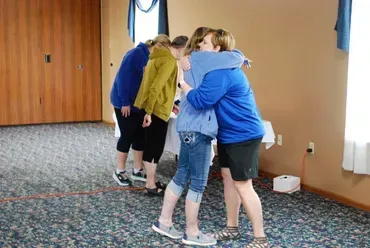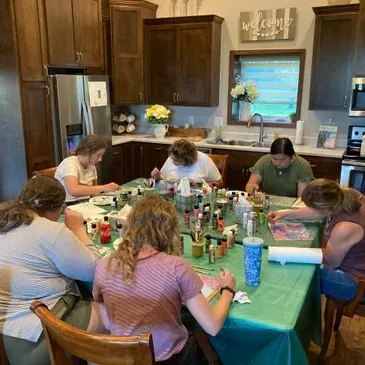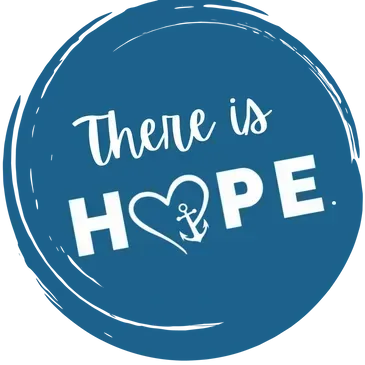Understanding the Psychological Effects of Losing a Child

Losing a child is one of the most devastating experiences you can face, profoundly affecting your mind, heart, and everyday life. Understanding the psychological effects of child loss can help you make sense of your grief, and remind you that your reactions are valid and normal. Many parents and families feel isolated or misunderstood in their pain, especially when others struggle to grasp the depth of this unique loss.
At Healing Hope Ministries, you are not alone as you navigate emotions like sadness, anger, guilt, or even numbness. Whether you're seeking connection, support, or tools for coping, it helps to know what to expect and how others have found a path toward healing. If you're ready to learn more, this guide shares insights that can offer comfort and understanding during an immensely difficult journey, with support grounded in guidance from experts and those who have walked this road before.
Psychological Impact of Losing a Child
Losing a child creates overwhelming emotional pain and can affect every part of your life. The psychological impacts are deep and lasting, often involving intense grief, trauma, and complex emotions like guilt and anger.
Parental Grief and Emotional Toll
As a parent, the death of your child brings intense sorrow that is unlike any other loss. This level of grief can feel isolating and endless. Many parents say that their grief comes in waves, and the strength of those waves may have faded with intentional work and walking with others.
You may encounter a range of emotions, including sadness, numbness, and a longing to see your child again. Simple daily tasks can become difficult as emotional exhaustion sets in. Relationships with close family and friends might change, as some people may not fully understand the depth of your pain.
This grief can deeply impact your mental health, sometimes leading to depression. Some families find it helpful to connect with others who have experienced similar loss or to seek compassionate support through specialized resources and support groups like the ones offered at Healing Hope Ministries along with professional counseling.
Trauma, Shock, and Denial
The initial trauma of losing a child often brings overwhelming shock. It’s common to feel disbelief, as if the loss is unreal or didn’t truly happen. Many parents find themselves stuck in denial in the days, weeks, or even months after the tragedy.
Trauma can result in flashbacks, nightmares, or persistent thoughts about your child’s final moments. Some parents experience symptoms similar to post-traumatic stress disorder (PTSD), such as hypervigilance, trouble sleeping, or feeling emotionally numb. This trauma is not just emotional but can also affect your physical health, leading to headaches, exhaustion, or changes in appetite.
Your brain and heart may try to protect you from the immediate pain, and support from caring professionals, retreat settings, and shared storytelling can help you process shock and move toward healing. Tangible memories and connections to your child, such as photos or keepsakes, can play a role in your grieving process.
Guilt, Self-Blame, and Anger
Many parents struggle with persistent feelings of guilt and self-blame after child loss. You might find yourself replaying events or asking what you could have done differently. These thoughts are common but can be emotionally draining and prevent you from healing.
Anger can also become part of your emotional landscape—anger at the situation, at yourself, or even at others. Some find their anger directed at medical professionals, circumstances, or towards God. This anger might come and go or linger for long periods.
Supportive environments, such as small groups and therapeutic retreats, can offer safe spaces to talk through these emotions. Understanding that guilt and anger are natural parts of grief can make it easier to show compassion to yourself and seek the right kind of support to move forward.
Common Reactions and Grieving Process
Grieving the loss of a child is unlike any other bereavement. Your reactions may feel overwhelming, confusing, and may shift from day to day, affecting your physical health, sleep, and overall well-being.
Stages of Grieving
The grieving process after a child’s death often includes acute grief, which may involve shock, denial, intense sadness, confusion, guilt, and anger. You might find yourself cycling through these emotions multiple times, sometimes unexpectedly.
While many people know about the "five stages of grief" (denial, anger, bargaining, depression, acceptance), it’s important to know these stages don't occur in a set order. You may skip stages or repeat them. Every parent's journey is unique.
You may also experience problems concentrating, changes in appetite, and a sense of disconnect from daily life. Mourning can be both private and public, with some finding comfort in routines or group support, while others need solitude. According to the PTSD National Center, the nature of your relationship and your support system greatly influence how you navigate grief.
Complicated Grief and Prolonged Grief Disorder
For some, grief does not ease with time and may become what experts call complicated grief or prolonged grief disorder. This involves persistent, intense sorrow and preoccupation with your child’s absence that interferes with everyday life for over a year.
Symptoms may include deep longing, difficulty accepting the loss, numbness, or a sense that life is meaningless without your child. You could struggle to resume daily activities or relationships. If these feelings seem unchanging or get worse, it may be complicated grief, which often requires specialized support such as therapy or grieving groups.
Awareness of prolonged grief is important because it is distinct from typical mourning. Healing Hope Ministries recommends reaching out to professionals or support resources if you notice these patterns, as healing can be possible with help.
Physical Symptoms and Health Issues
In addition to emotional pain, you may experience several physical symptoms tied to grief, including headaches, chest pain, digestive troubles, and weakened immune responses. Intense heartbreak often brings real health problems.
Common physical symptoms may include:
- Fatigue or exhaustion
- Muscle aches
- Loss of appetite or overeating
- Nausea or stomach upset
People in bereavement sometimes find themselves catching colds more often, suffering from chronic pain, or noticing changes in heart rate and blood pressure. Prioritizing self-care is important but can feel especially hard during mourning. Greater risk of developing chronic conditions—like cardiovascular issues—has even been linked to sustained grief.
Insomnia, Fatigue, and Well-Being
Insomnia and fatigue are frequent challenges for grieving parents. Difficulty falling or staying asleep, restless nights, or excessive sleeping can disrupt your routines. Even when you do sleep, you may not feel rested.
Fatigue is more than tiredness; it can take the form of persistent lack of energy, making daily responsibilities feel overwhelming. Diminished motivation and difficulty concentrating also affect your sense of well-being and ability to return to work, social obligations, or even basic self-care.
If your sleep problems or exhaustion persist, your mental and physical health may both suffer. Seeking support—through counseling, retreats, or small group gatherings—can help address these issues. Healing Hope Ministries encourages connecting with others who understand, and making room for kindness and rest in your routine.
Family Dynamics and Relationships
Losing a child deeply affects your family’s connections and each person’s way of coping. Everyday routines, bonds with your partner, and how your surviving children process grief all shift in unique ways.
Impact on Relationships and Social Withdrawal
You may notice that grief impacts communication and understanding with your partner. Each of you might move through loss differently, which can lead to emotional distance or misunderstandings. Sharing sorrow may strengthen your bond, but it can also highlight differences in your grieving styles.
Some parents turn inward and withdraw from friends and extended family, feeling isolated or misunderstood. This social withdrawal can be a protective instinct or a reflection of how energy is spent just getting through each day. Marital strain is common, and it’s important to recognize if your relationship needs extra support or open communication to rebuild trust and closeness.
- Common relationship challenges:
- Decreased intimacy and affection
- Difficulty expressing or managing emotions
- Reduced engagement with social circles
Addressing these challenges early with professional guidance or support groups, such as those offered by Healing Hope Ministries, can help you reconnect and strengthen bonds.
Surviving Siblings and Remaining Children
The loss of a child can leave siblings feeling confused, guilty, or overlooked. Surviving children may worry about their parents' well-being or feel they need to fill the gap left by their brother or sister. Sibling bereavement is unique and often complicated by changes in family routines and attention.
Some siblings may struggle at school, withdraw from friends, or display new behavioral issues. Others take on more responsibilities at home, sometimes at the expense of their own emotional needs. Open conversations and steady routines are vital for helping your remaining children feel safe and supported.
Healing Hope Ministries encourages families to address the needs of surviving siblings directly. Consider involving them in memory-making activities or family rituals to help them process their loss and stay connected to their loved one.
Parental Bereavement and Family Adjustment
Parental grief after losing a child is profound and can alter your sense of identity, purpose, and worldview. This grief often affects how you parent your remaining children and interact with your partner. Emotional ups and downs are normal as your family finds ways to adjust to these new dynamics.
The support perceived by your family, whether from friends, faith communities, or structured programs like our retreats, makes a significant difference in your long-term adjustment. Seeking support reduces the risk of prolonged or complicated grief and encourages healthier coping strategies among all family members.
Ongoing communication, professional counseling, and family-centered activities can guide your family through this difficult chapter. Creating opportunities for open dialogue and shared remembrance fosters healing and renewed hope.
Support, Coping, and Professional Help
Losing a child can feel overwhelming and isolating, but real help is available. Many parents find light and strength through a mix of practical coping strategies, supportive communities, and professional guidance tailored to their needs.
Coping Strategies and Skills
Building healthy coping skills is an important step toward emotional healing. You might find it helpful to keep a journal, expressing your thoughts and memories. Even simple daily routines—like eating balanced meals and getting fresh air—can support your well-being.
Some parents use mindfulness exercises such as deep breathing or grounding techniques to manage overwhelming emotions. Art, music, and creative projects also provide healthy outlets. Remember to give yourself permission to grieve in your own way and at your own pace.
Try making short-term goals and focusing only on the next step ahead. Caring for your physical health and connecting with empathetic friends or family members can also create space for hope and resilience.
Support Groups and Bereavement Support
You are not alone in your grief. Support groups bring together parents and families who have also faced the tremendous loss of a child. Talking with others who truly understand the pain can offer both comfort and practical ideas for navigating each day.
Beyond Healing Hope, groups such as The Compassionate Friends meet regularly and provide a safe and empathetic environment to share your experiences. Specialized bereavement programs for both adults and children exist in many communities, offering group discussions, activities, and peer support.
Some organizations create age-specific groups and even camps for children and teenagers to help them build healthy coping skills and find connection after a significant loss. These spaces help reduce feelings of isolation and normalize your grief experience.
Grief Counseling and Professional Help
Sometimes, the support of a mental health professional is necessary as you process your loss. Licensed counselors or therapists can help address intense emotions, trauma, or mental health issues that may arise during grief.
There are different approaches, including individual therapy, family therapy, and group counseling. Cognitive-behavioral therapy (CBT) is one method known to help with managing grief’s impact, providing skills to deal with distressing thoughts. Some centers specialize in grief counseling for families, helping each member find their own path to healing.
If you ever struggle to cope, feel hopeless, or notice any signs of depression or prolonged distress, seeking professional help is a wise and caring choice for your well-being and your family’s.
Retreat, Prayer, and Therapy Options
Many families find solace in spiritual practices, prayer, or quiet reflection as part of their healing journey. Our retreat center offers a peaceful space to step away from daily pressures, connect with others, and receive gentle guidance in a supportive environment.
Healing Hope Ministries hosts retreats where families can gather, share stories, and take part in workshops designed for both adults and children. Activities such as group discussions, remembrance ceremonies, and creative therapy can foster an atmosphere of hope and renewal.
For those who value spiritual support, prayer groups and spiritual counseling help nurture your faith while you grieve. Combining professional therapy, small groups, and spiritual reflection offers a multi-layered approach that many find comforting.

